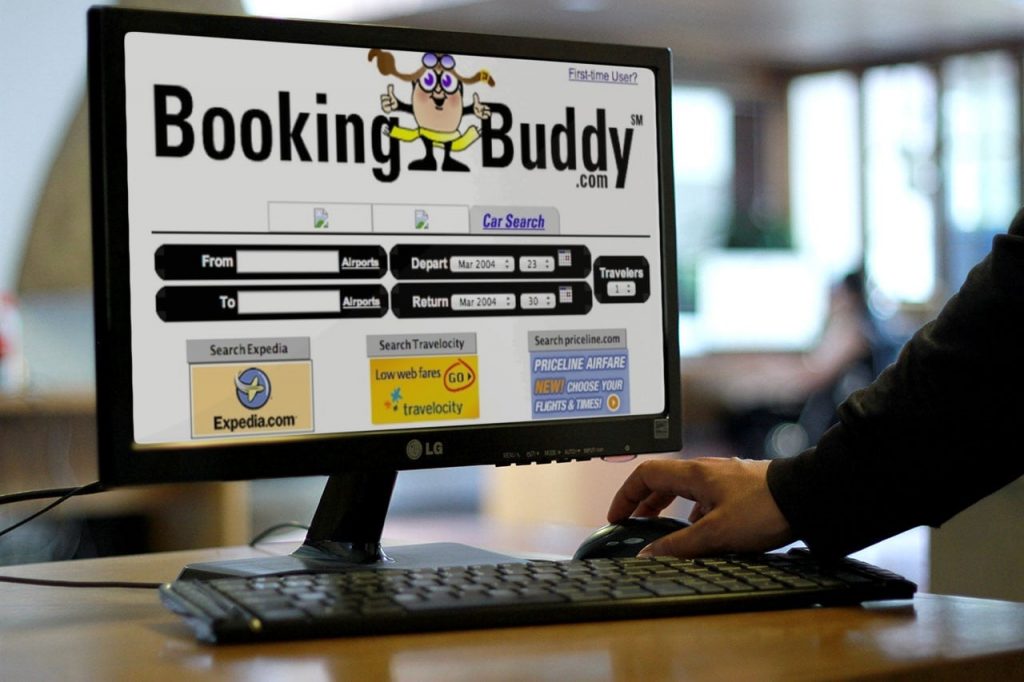How A Little-Known Travel Website Transformed Online Booking

Skift Take
Some travel companies took compare tools like Booking Buddy's and pre-checked several windows, driving up their own click revenue and exasperating consumers who unknowingly found their computer screens flush with pop-under windows when they started to search. CPC rates charged to advertisers became subject to a downward spiral, and although the model is still widely used, metasearch stole some of its thunder.
You've heard about game-changing travel companies such as Travelocity in its early days as a Travel 1.0 online travel agency, Expedia and Hotels.com as they developed the hotel merchant model, and Kayak with all of its sliders and filtering gadgets en route to refining flight and hotel metasearch.
But, one company that has never gotten its due -- until now -- for the manner in which it transformed the way people book travel online, and the method in which airlines, hotels and online travel agencies advertise on the Web, is BookingBuddy.
To this day, almost a decade after BookingBuddy introduced a flight-comparison tool that changed the online travel landscape, you can see the company's influence across the globe.
Sites deploying BookingBuddy's own search widget or, more commonly, others taking their inspiration from it and offering their own flight- or hotel-comparison widgets, include Travelocity, Exped

